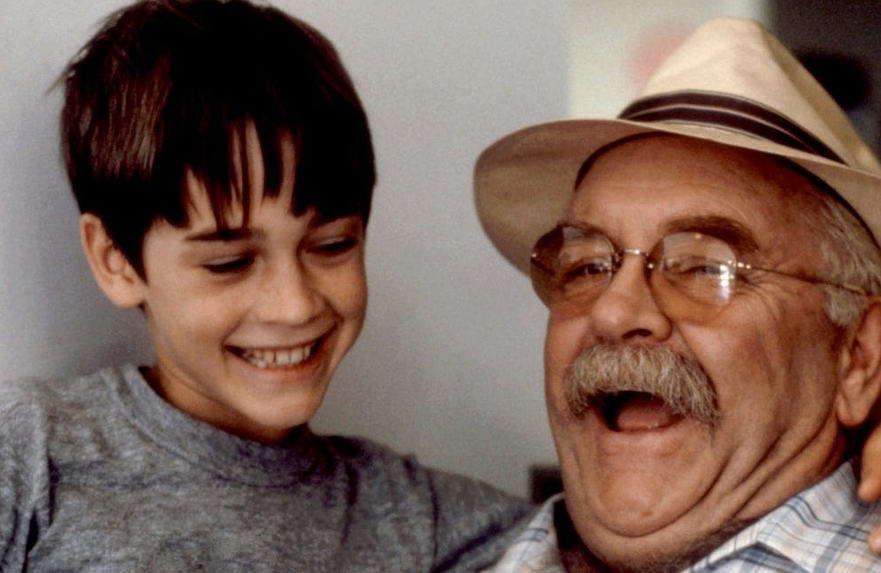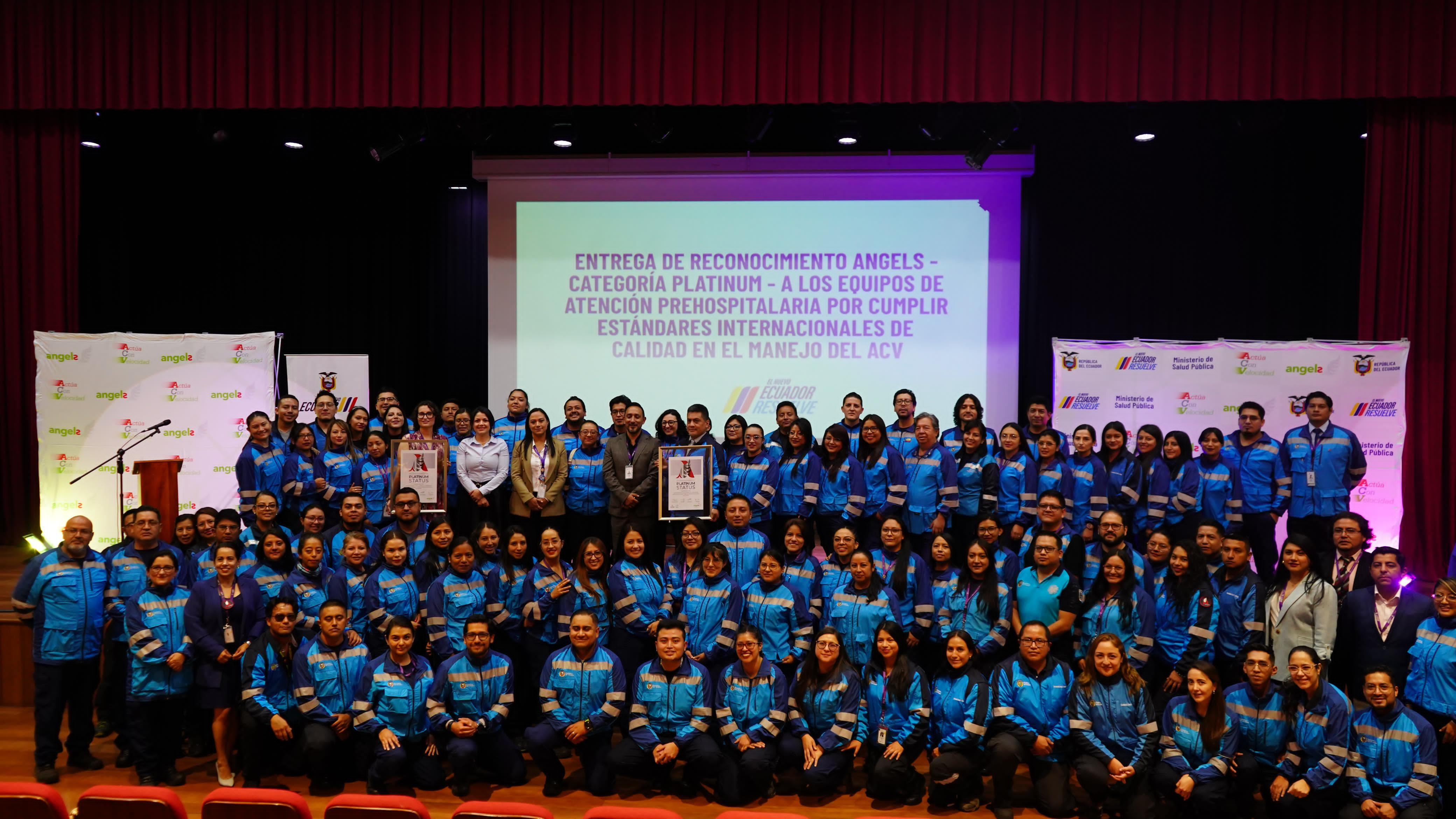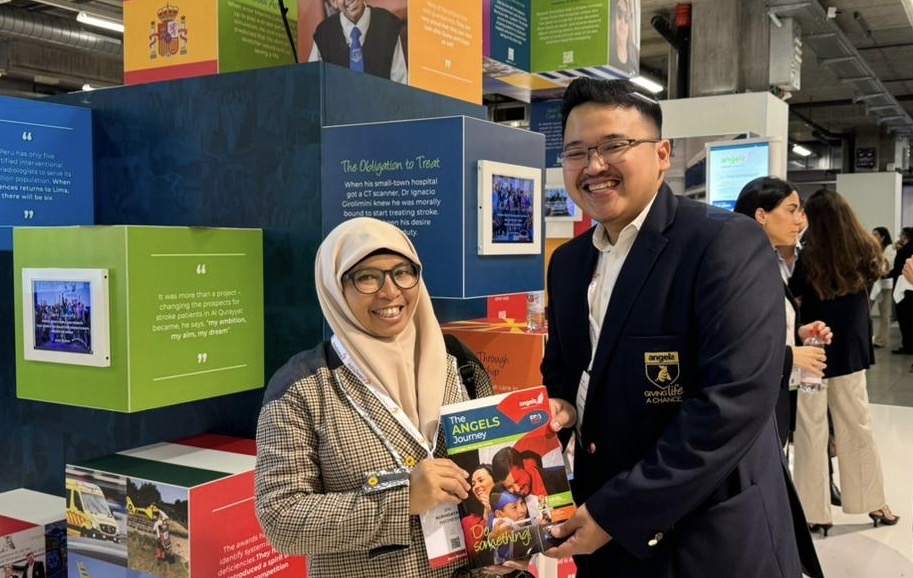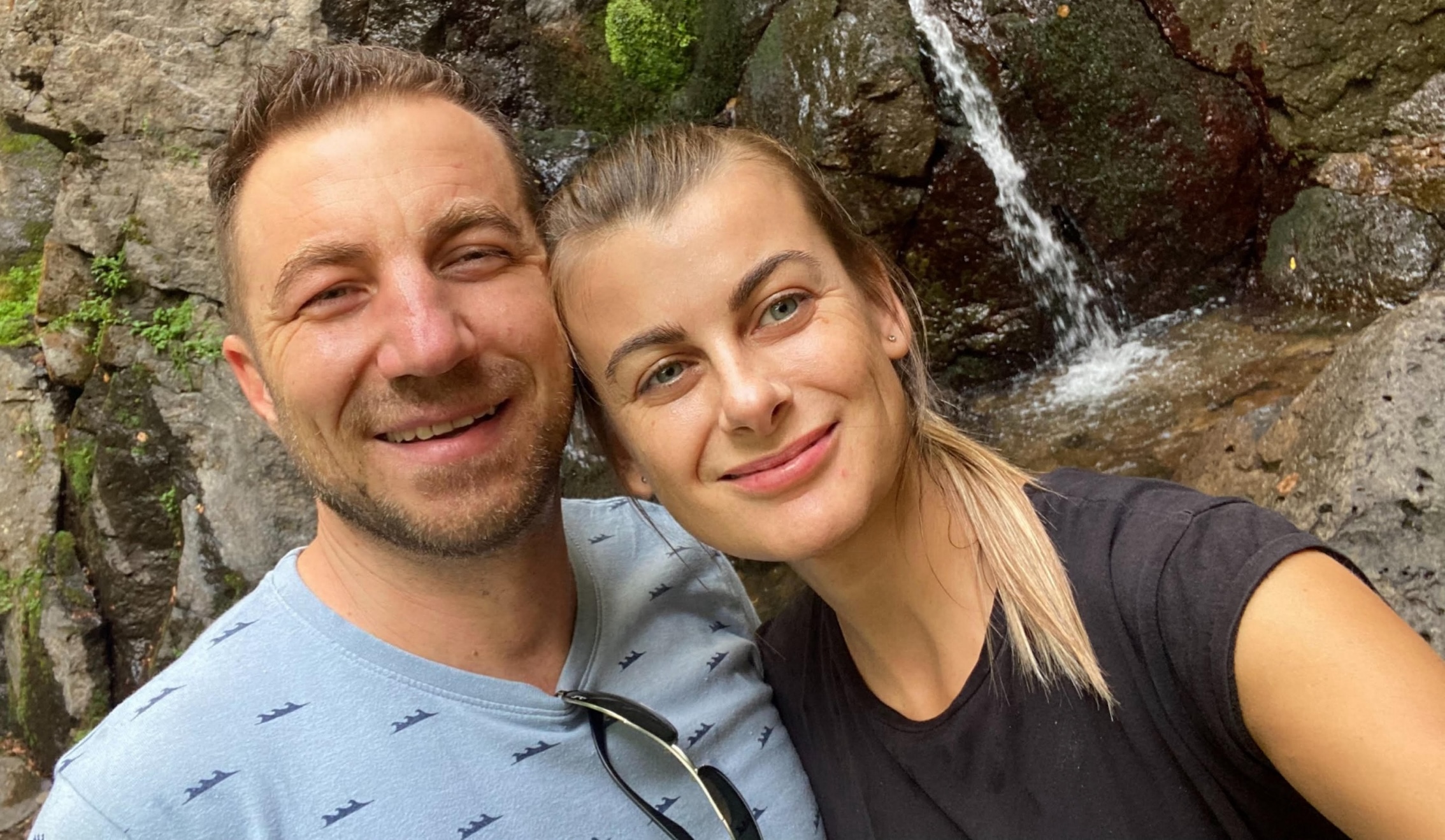
Il signor Martin Vishanov, insegnante di informatica e tecnologia informatica presso laVasil Levski Comprehensive School nella città bulgara di Russe, deve la sua vita alla sua classe di terza elementare. Durante una lezione della scorsa estate, il Sig. Vishanov ha iniziato a sentirsi stordito. Ha perso l’equilibrio e quando ha cercato di sedersi sulla sedia, si è schiantato a terra.
Gli insegnanti che prendono una scopa di solito sono un’occasione per mimare. Ma la classe, avendo notato momenti prima che il loro insegnante aveva difficoltà a parlare, sapeva subito che il signor Vishanov stava avendo un ictus.
Hanno incontrato il loro insegnante di classe, la signora Diana Ilieva, che ha chiamato il 112. Lambulanza è arrivata entro 10 minuti e dopo il trattamento d’emergenza dellictus, il Sig. Vishanov è tornato presto a scuola.
In Sofia quattro estati precedenti, su 3 agosto 2019, il matrimonio ha avuto luogo tra Dimitar Hadzhivalchev ed Elica Hadzhivalcheva. Elica è fondatrice di Heart to Heart per la Bulgaria, un’organizzazione per la prevenzione delle malattie cardiovascolari, una causa alla quale si è dedicata dopo aver perso il suo primo marito a un attacco cardiaco nel 2016. Dimitar è uno specialista del miglioramento dei processi nella sfera FMCG. La loro anamnesi è iniziata venerdì sera nell'agosto 2017 quando Elica e Dimitar sono stati "tricked" in riunione da amici reciproci. Anche se nessuno di loro era interessato a incontrare qualcuno di nuovo, il martedì prossimo ha incontrato di nuovo per pranzo, durante il quale Dimitar ha appreso che, oltre ad essere una grande bellezza, Elica aveva investito la sua vita con un significato dedito al suo tempo e al suo talento a una nobile causa.
Le sue priorità di carriera, che ruotavano intorno alla costruzione del valore del marchio per i prodotti di consumo come caffè o cioccolato, sembravano poco profonde per confronto. L’incontro con Elica ha aperto gli occhi al potenziale di vivere con lo scopo. "Sono stato ispirato da lei", dice.
Elica è rimasta colpita a sua volta dalla "curiosità, dal carisma e dalla pienezza" di Dmitar. Sono stati sposati due anni dopo.
"In quella fase della vita – eravamo vicini ai 50 – non c'era tempo per l'esitazione", afferma Dimitar che crede che i simboli determinino il nostro atteggiamento nei confronti del mondo. "Ci siamo sposati per mostrare la nostra dedizione reciproca. Il matrimonio era un simbolo che ci siamo dati l'uno all'altro."
"Non puoi pianificare quando incontrerai e ti innamorizzerai con un'altra persona", afferma Elica. "È diventato la persona più speciale per me, che mi dà ogni giorno sfide e avventure che mi riempiono di gratitudine, gioia e conoscenza della forza e della bellezza del mio mondo interiore. È un vero amore in azione!”
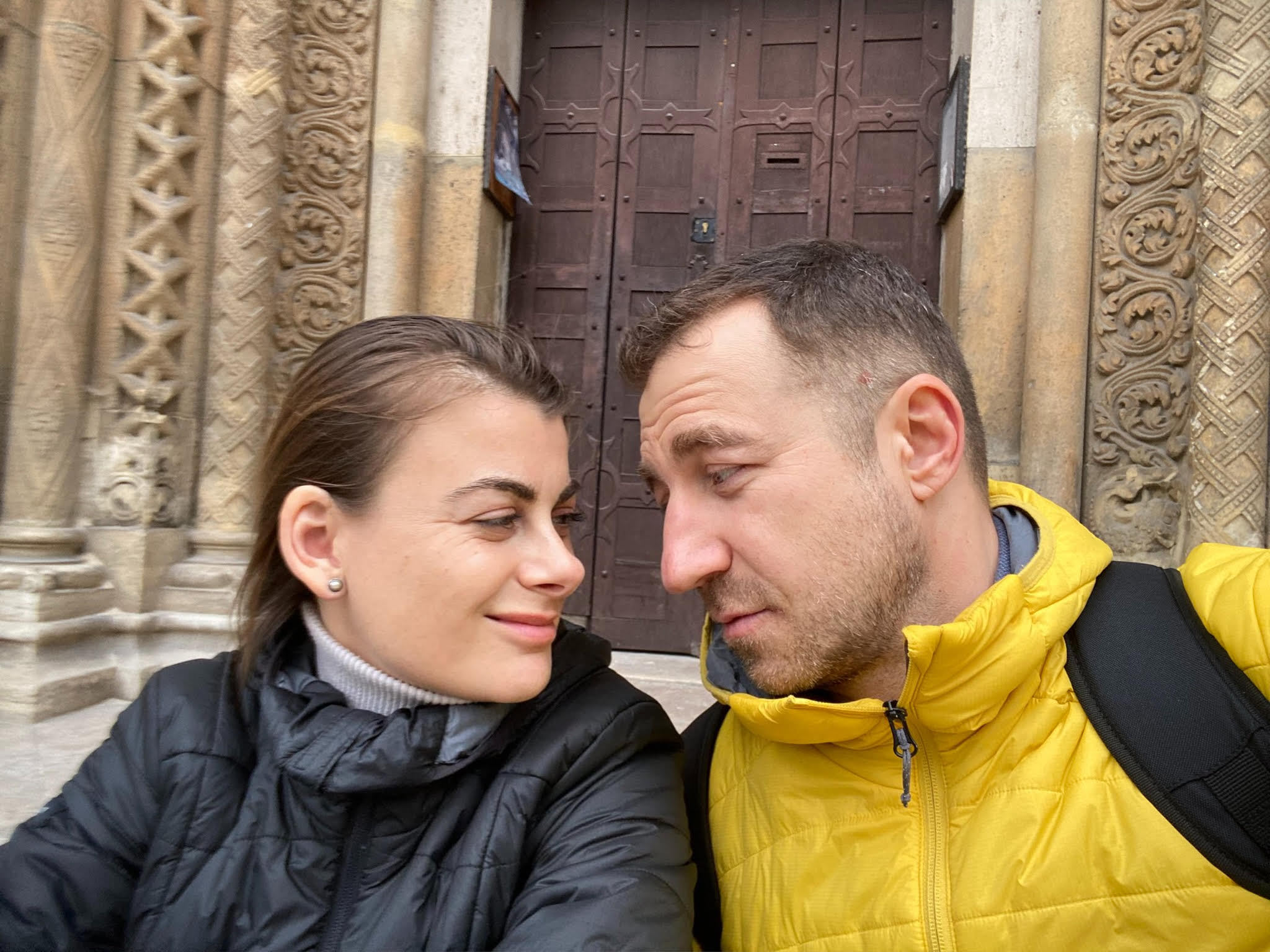
Si stava per accadere qualcosa di importante
Un filo d’oro lega la sua anamnesi d’amore alla sopravvivenza e al recupero del sig. Vishanov di Russe, per Elica e Dimitar sono il motivo per cui, negli ultimi due anni, 25.000 bambini e più di 150.000 adulti in Bulgaria hanno imparato a riconoscere e agire sui sintomi dell’ictus.
Elica è stata introdotta nel 2019 al progetto di formazione per la consapevolezza sull’ictus basato sulle scuole, Eroi FAST, su invito dell’World Stroke Organization. Le cose hanno fatto clic immediatamente sul modo in cui si trovavano con Dimitar, che ricorda: "È tornata da quella prima riunione dicendo che questa è la mia cosa, l'ho trovato."
Entro marzo 2020 Elica è pronta a presentare la campagna alla sua prima scuola. Al contrario, si è trovata in piedi in un negozio di alimentari dove le persone intorno a lei si stavano lottando per farina e fagioli. Era come essere in una guerra, ha detto a Dimitar che stava tornando da un viaggio di lavoro in Serbia dove avrebbe saputo che stava per accadere qualcosa di importante.
Alcuni giorni dopo, il numero di pazienti affetti da Covid in Bulgaria ha raggiunto 23 e il governo ha dichiarato uno stato di emergenza. Come onda dopo ondata della malattia in tutta Europa, Dimitar ed Elica si sono occupate della pianificazione, traducendo e adattando il materiale degli eroi FAST. Sebbene non avessero ancora implementato la campagna in un'unica scuola, il loro impegno era talmente profondo da dover fare una regola per smettere di lavorare alle sette della sera "anche se fossimo al centro di una parola".
Quando le restrizioni sono state revocate, erano più che pronte a realizzare una delle implementazioni di eroi FAST più efficaci al mondo, in uno dei Paesi più complessi in Europa.
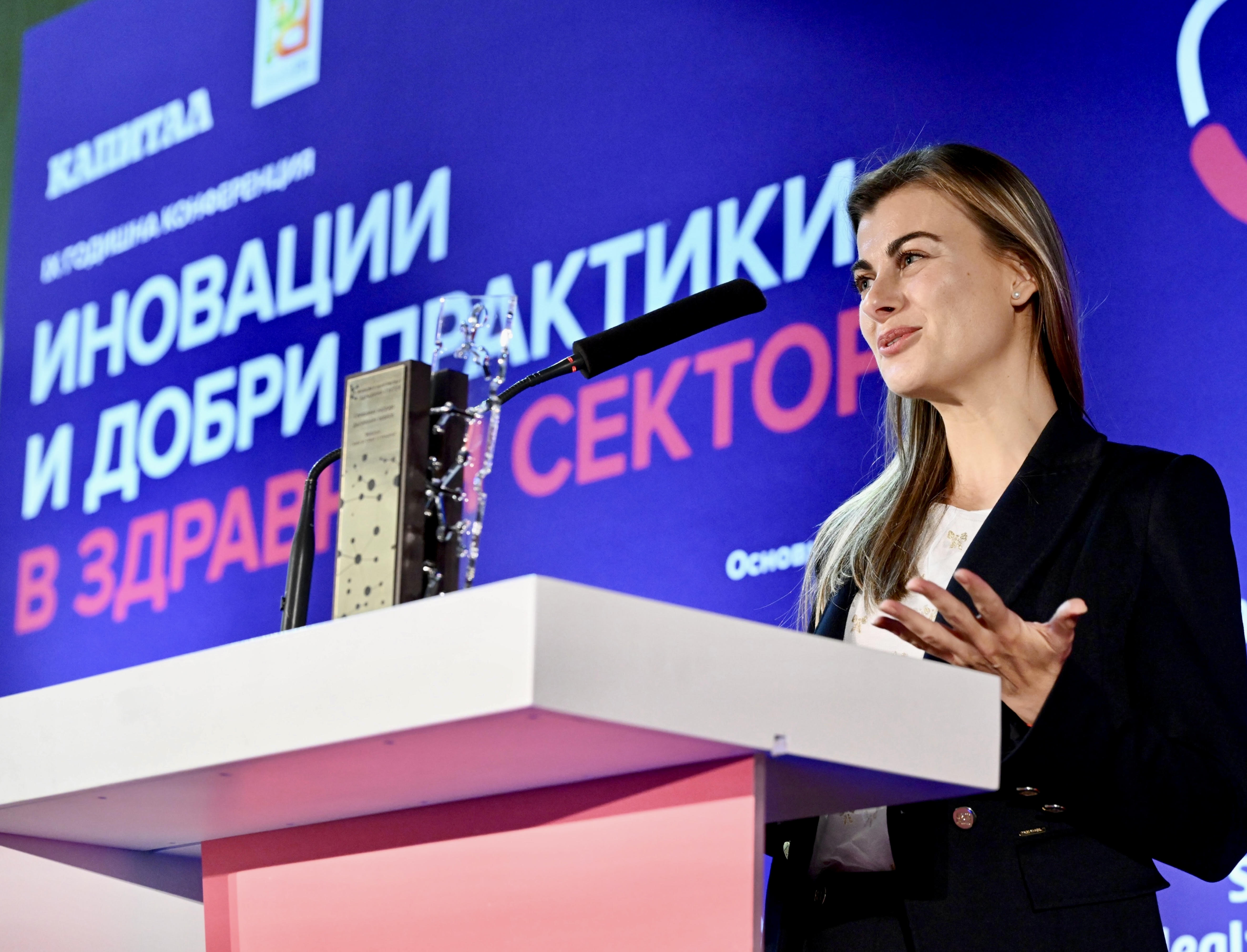
"La ammiro davvero"
La Bulgaria è un piccolo paese a buffet con influenze esterne e accolto dalla corruzione. I bulgari si sono recati ai sondaggi sei volte in meno di tre anni: un gioco politico di sedie musicali che presenta sfide alla strategia top-down che Elica e Dimitar hanno adottato per raggiungere la scala desiderata.
L’ictus è una delle principali cause di mortalità e invalidità in Bulgaria, dove interessa circa 50.000 persone all’anno. Per questi pazienti, la probabilità di morire a causa dell’ictus sarà tre volte superiore alla media in altri Paesi dell’UE e la maggior parte dei sopravvissuti conviverà con disturbi invalidanti per il resto della loro vita.
La maggior parte dei bulgari non conosce i fattori di rischio dell’ictus, non è in grado di riconoscere i sintomi dell’ictus e non sa cosa fare ai primi segni dell’ictus. Prima un paziente con ictus raggiunge un ospedale stroke-ready, maggiori sono le probabilità di sopravvivere con la propria vita intatta, ma meno del 3% delle vittime di ictus in Bulgaria subisce trombolisi, il trattamento di emergenza approvato per l’ictus ischemico acuto. Per decine di migliaia la vita non sarà mai più la stessa.
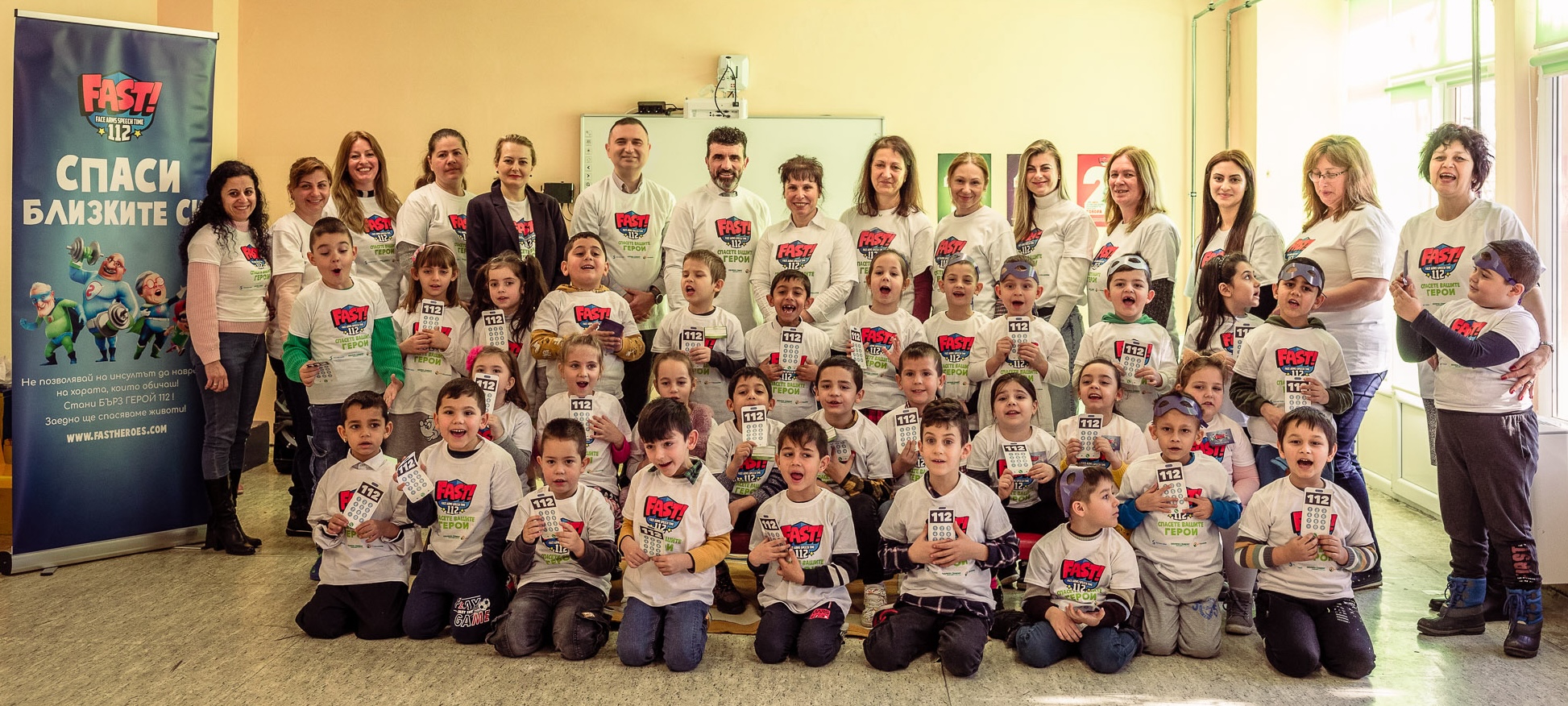
Per la prevenzione e la consapevolezza dell’ictus, l’orologio sta spuntando, quindi Elica e Dimitar hanno ideato una strategia che soddisfi l’ambito della crisi.Piuttosto che approcciare le scuole direttamente ai sindaci e ai responsabili dei dipartimenti regionali, invitando i medici locali a sostenere il loro caso. Una volta convinti, questi funzionari convocheranno i principi della scuola nei loro territori a un incontro in cui viene introdotta la campagna e condivideranno storie personali. In un Paese in cui si verificano 50.000 ictus all’anno, l’ictus è personale e, per i principi della scuola, l’opportunità di condividere la propria esperienza con l’ictus termina spesso in lacrime. Riporteranno questa emozione alle loro scuole. Infine, gli insegnanti di queste scuole imparano a conoscere gli eroi FAST in un webinar prima di iniziare a implementare il programma nelle loro aule.
Che la loro strategia abbia un tasso di successo del cento per cento non significa che non ci siano difficoltà.
Poiché i funzionari sono diventati cauti di progetti di buon senso che costano denaro e non forniscono risultati misurabili, può essere difficile aprire porte e avviare conversazioni, afferma Dimitar. Inoltre, gli insegnanti in Bulgaria sono abituati a essere retribuiti per l'implementazione di programmi di formazione sponsorizzati dall'UE; gli eroi FAST sono gli unici a essere offerti gratuitamente.
"Possono iniziare un po' negativi quando si rendono conto di non essere retribuiti ma una volta che hanno familiarità con il programma e si infettano con l'energia e la dedizione di Elica, si trasformano in ambasciatori", afferma Dimitar.
Lasciare una buona impronta è imperativo. La loro diligenza e il loro carisma combinato li hanno vinti amici nei media e nella comunità della Bulgaria per l'ictus e li hanno guadagnati il sostegno dei ministri della salute e dell'istruzione. A questo punto, possono ora aggiungere i ministeri dell'economia e gli interni con il cui sostegno hanno recentemente iniziato a educare il personale nelle imprese statali e nei servizi di emergenza.
"Utilizziamo ogni possibile strumento per entrare nei cuori e nelle menti delle persone", afferma Dimitar il cui ruolo è quello di strategiste maestro. Anche se prosegue con la sua carriera, fin dall'inizio è stato un eroe FAST convertito in eroe FAST, affascinato come tutti gli altri dai regali di Elica per attrarre e ispirare gli altri. "La ammiro davvero", dice.
I componenti essenziali di una vita significativa
Lavorare insieme trasforma il loro lavoro in felicità, afferma Elica. " Entrambi abbiamo lo stesso obiettivo: essere dedicati a cause che avvantaggiano gli altri e che si allineano con i nostri valori. Ma naturalmente ognuno di noi ha i propri punti di forza e ruoli. Dimitar è uno stratega eccezionale e sono quello che persegue metodicamente e con dedizione i nostri obiettivi prefissati.
"Ci sforziamo di crescere a vicenda, sostenerci a vicenda e migliorare le nostre competenze, migliorandoci. Nel mio lavoro con Dimitar ho imparato a non temere 'giusto' e 'sbagliato'. Insieme ci assumiamo dei rischi e commettiamo errori, ma sappiamo anche come amarci a vicenda, anche quando falliamo. Ci permettiamo di essere esattamente chi siamo e di fare ciò che vogliamo fare. Ecco come lavoriamo con la nostra felicità e attraiamo il successo nel nostro lavoro."
Lavorare a vantaggio della società è uno dei componenti essenziali di una vita significativa, ritiene Elica.Esistono altri: "Potere e talenti realizzati, l'assenza di qualsiasi rimpianto per le cose passate o non fatte, e alcune azioni sane e scelte ripetitive che ci rendono sempre felici [ma] la consapevolezza che state facendo qualcosa che rende il mondo un posto leggermente migliore è una parte importante del significato".
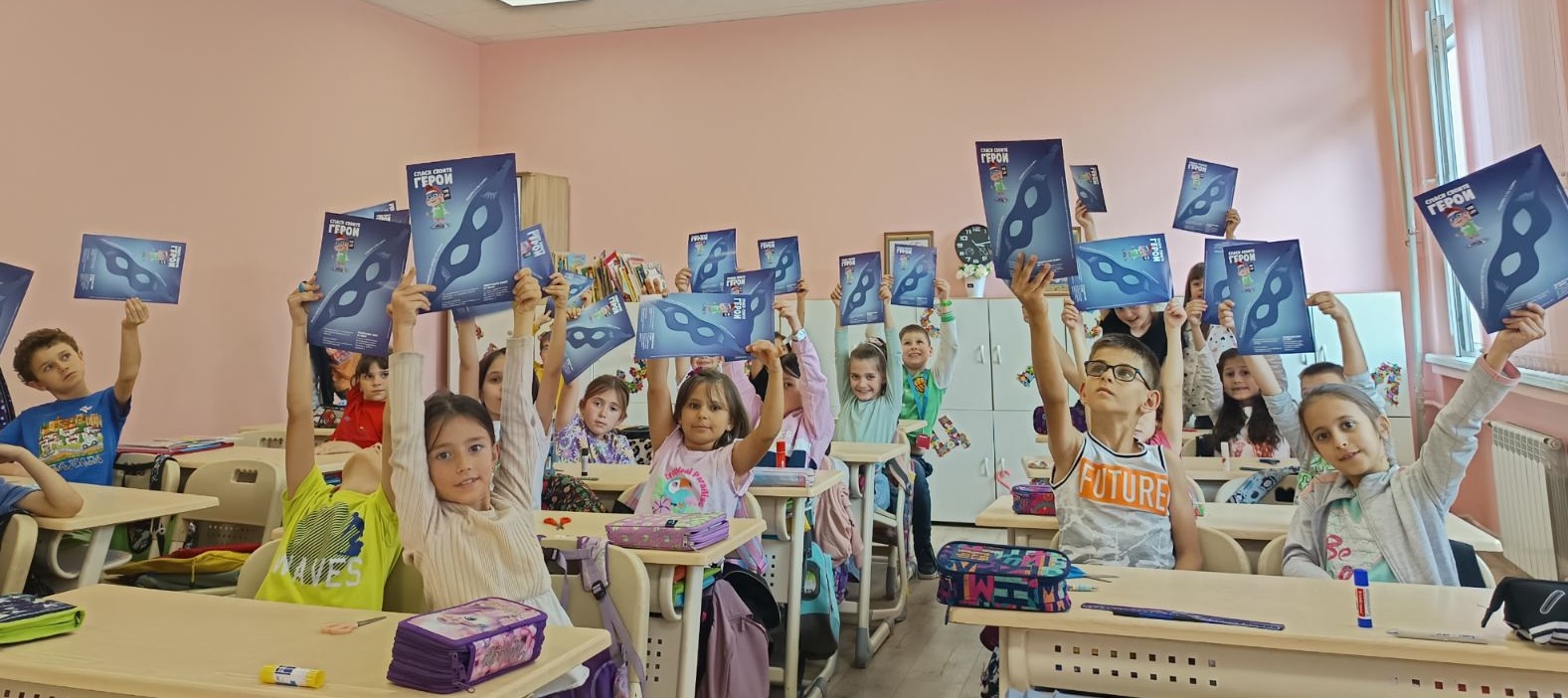
Queste intuizioni sono arrivate nello scivolamento del dolore e della perdita dopo che il suo primo marito è morto all’interno di unambulanza che era arrivata troppo tardi.
"Ricordo i vecchi tempi in cui ho vissuto in completa conforto", dice Elica. "Questa pace non mi ha sfidato a chiedermi come gestivo la mia vita e il mio lavoro. Poi, improvvisamente, un grande dolore della mia storia personale mi fa scoppiare nella vita con una forza opprimente. In seguito, ovviamente, come qualsiasi altra persona, ho avuto anche molti mesi improduttivi in cui tristezza, rabbia e disperazione hanno ostacolato tutto, compreso il mio lavoro.
"Ma quello che so ora, con il punto di vista del tempo, è che quando il dolore ti rabbraccia la vita, l'unico modo per sopravvivere è diventare più organizzato, più disciplinato e fare affidamento esclusivamente sulla tua forza per realizzare le tue attività quotidiane e i tuoi obiettivi di vita. In questo senso, la mia storia personale mi ha insegnato ad assumermi la responsabilità del modo in cui vivo la mia vita e il mio lavoro."
Gli eroi FAST sono la missione della loro vita, dicono sia Elica che Dimitar. Ha cambiato la loro vita e ha già cambiato la vita di innumerevoli altri, non meno di quelli del signor Martin Vishanov diVasil Levski Comprehensive School e della sua classe di laureati.Dieci anni da ora sperano di aver cambiato la vita di migliaia di più, poiché a quel punto almeno 300.000 bambini in Bulgaria si augurano di aver guadagnato i loro capi, e Elica e Dimitar si sentiranno "soddisfati e felici".

